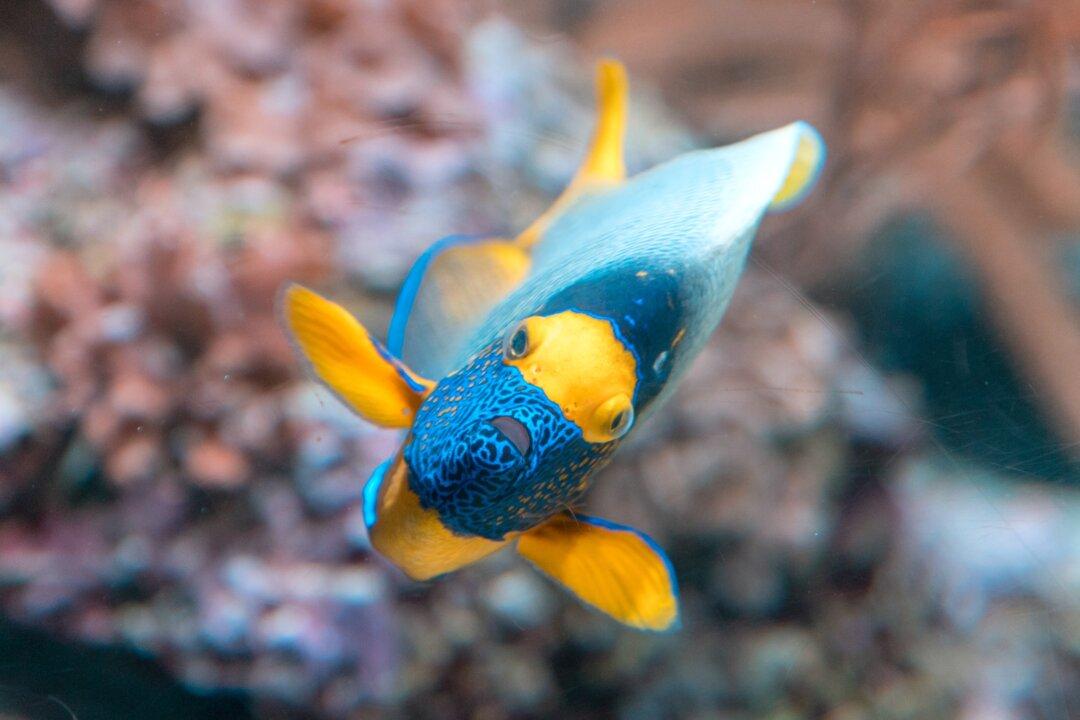In a world-first international effort marine experts have come together to create a library of the rich sounds from below the sea—a landscape containing the world’s most diverse habitats—to monitor and bolster the resilience of marine life.
The significance of this project is that by eavesdropping on visually elusive but vocal species, scientists can capture the many nocturnal or hard to find animals which are visually difficult to observe.





